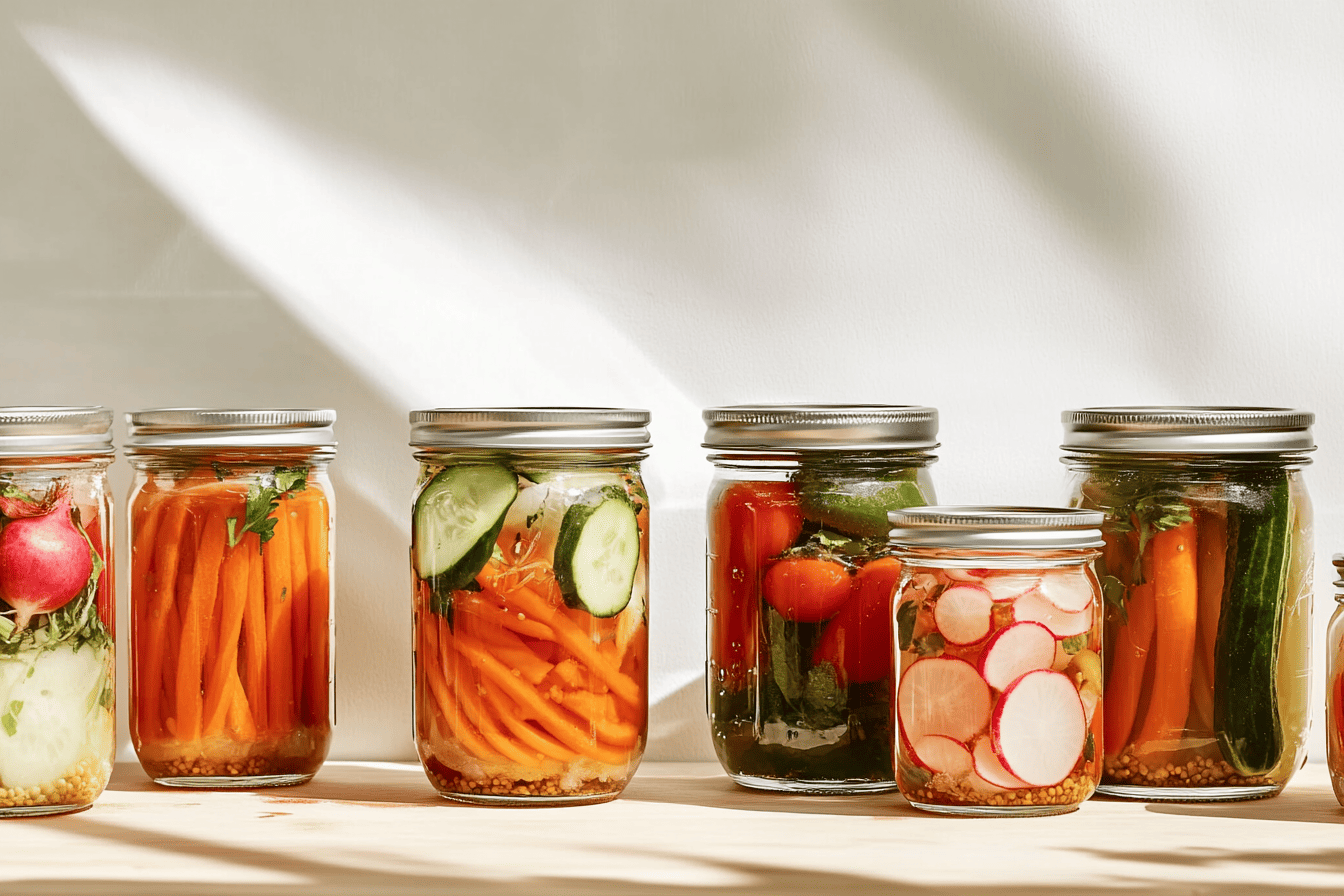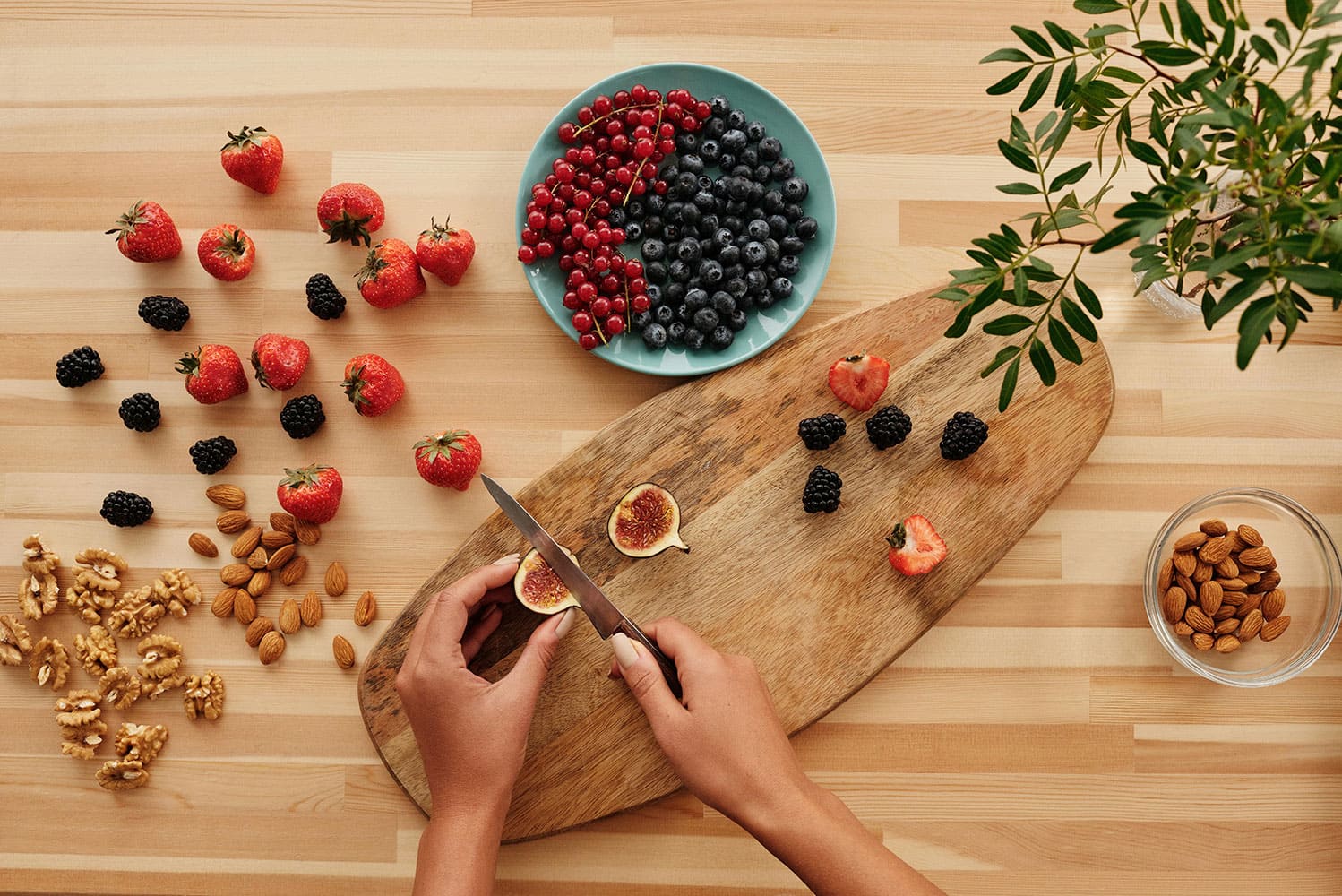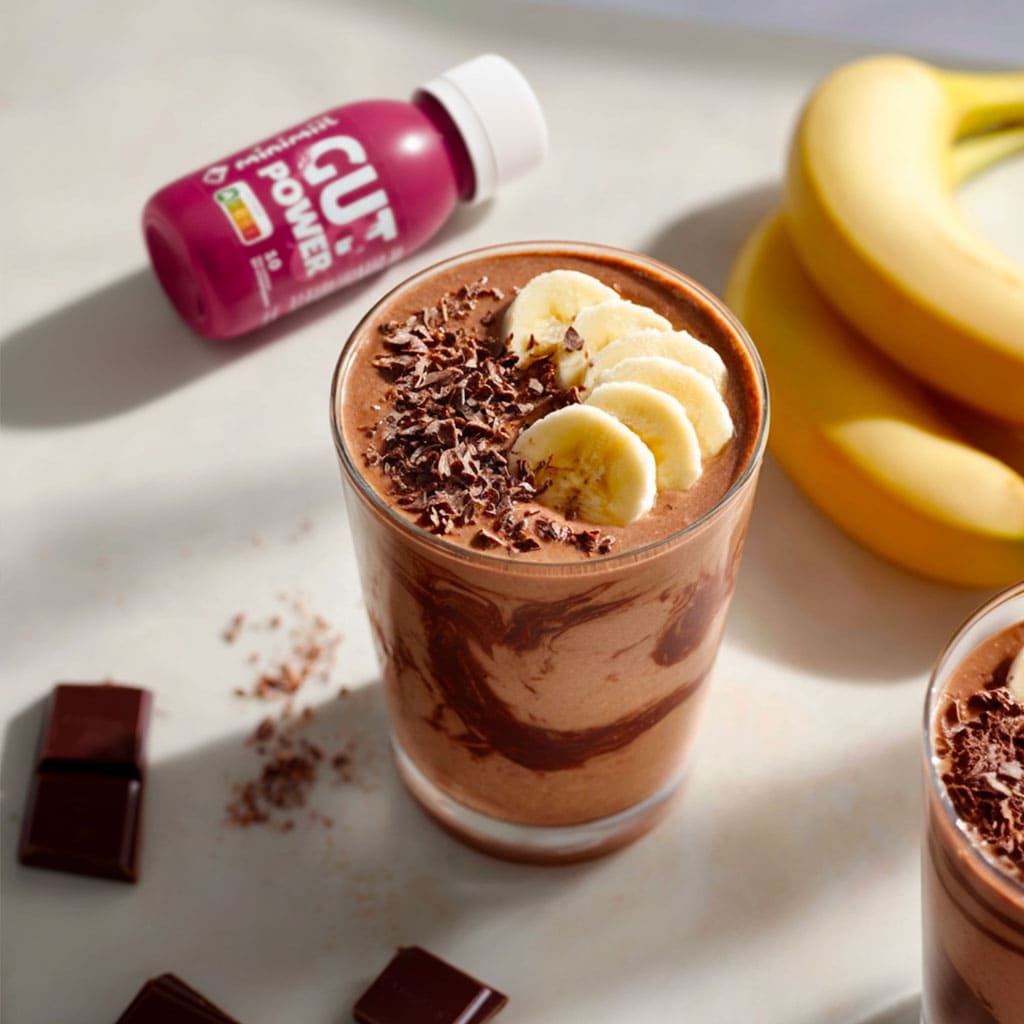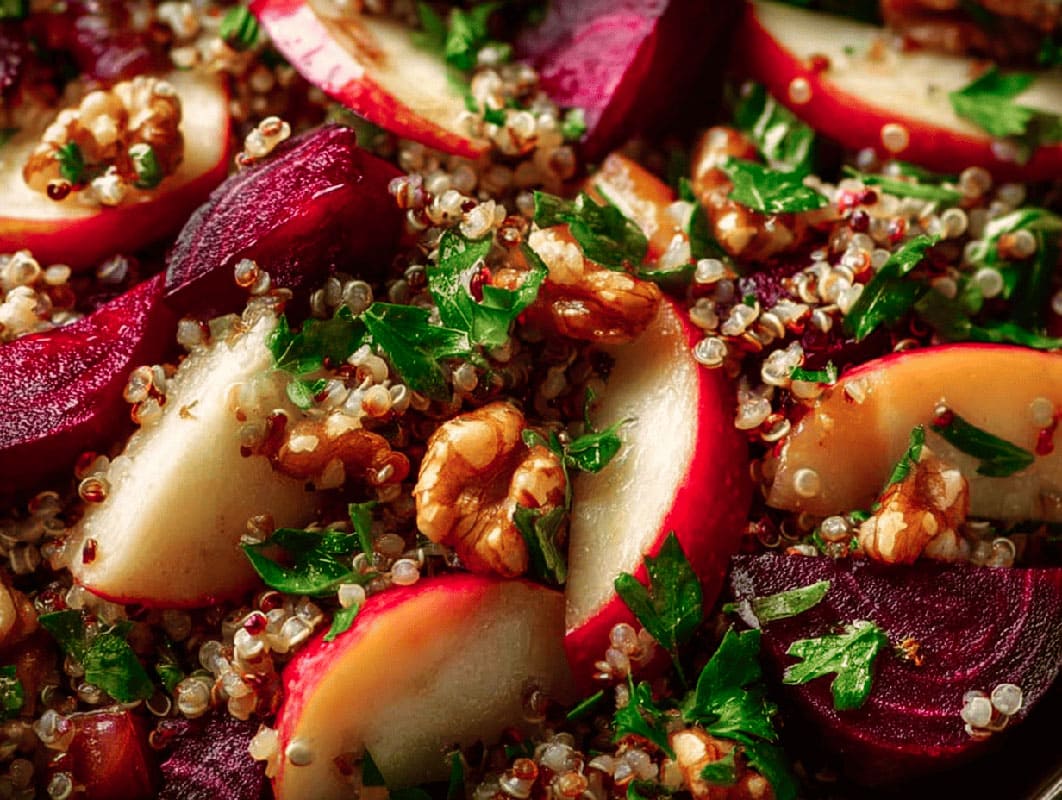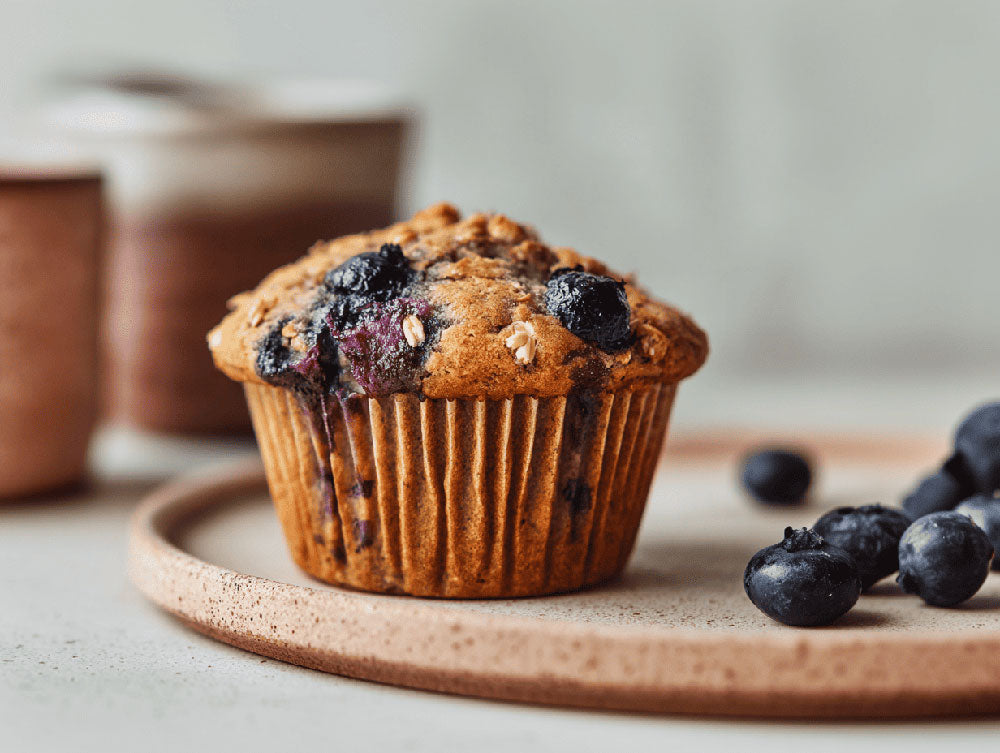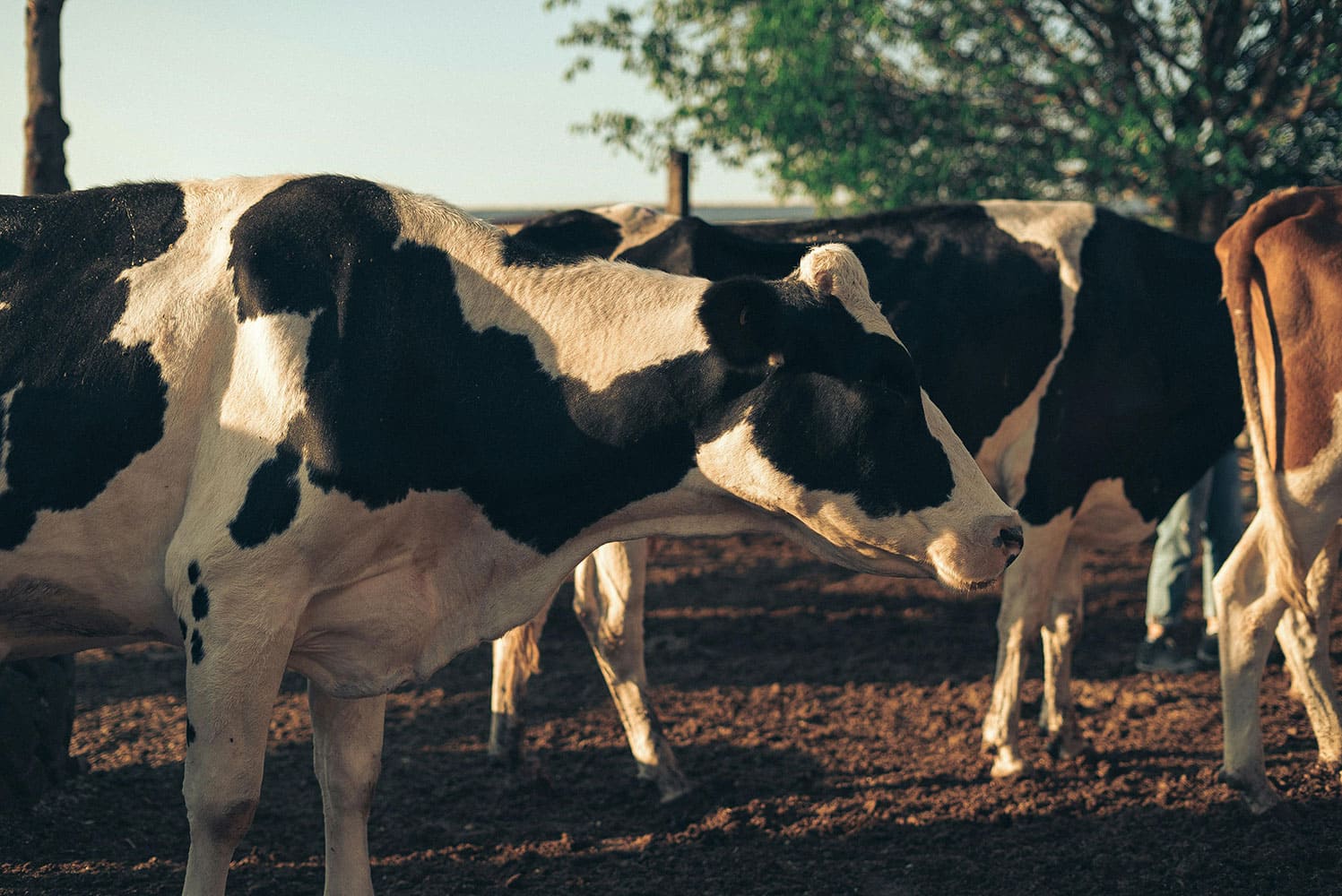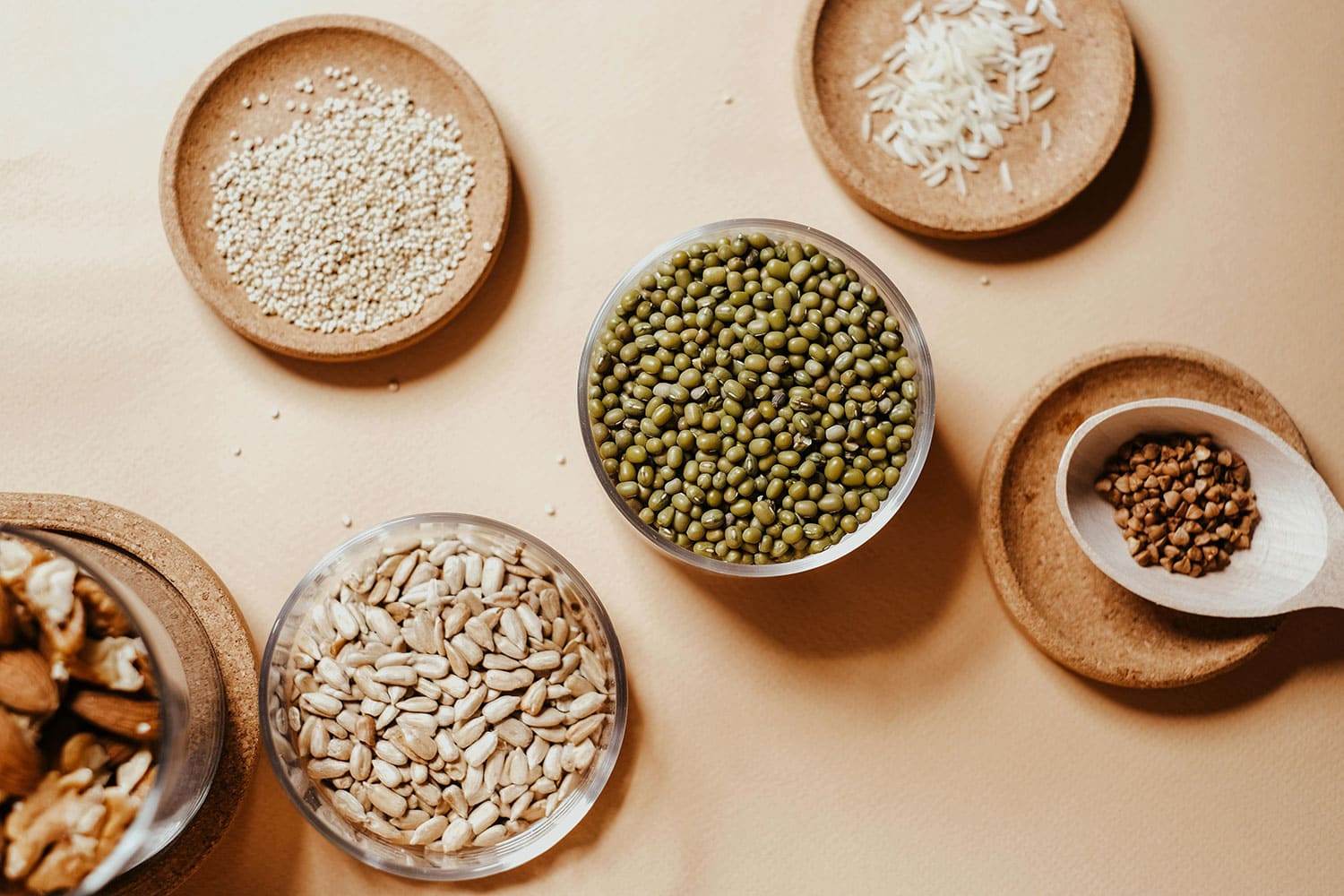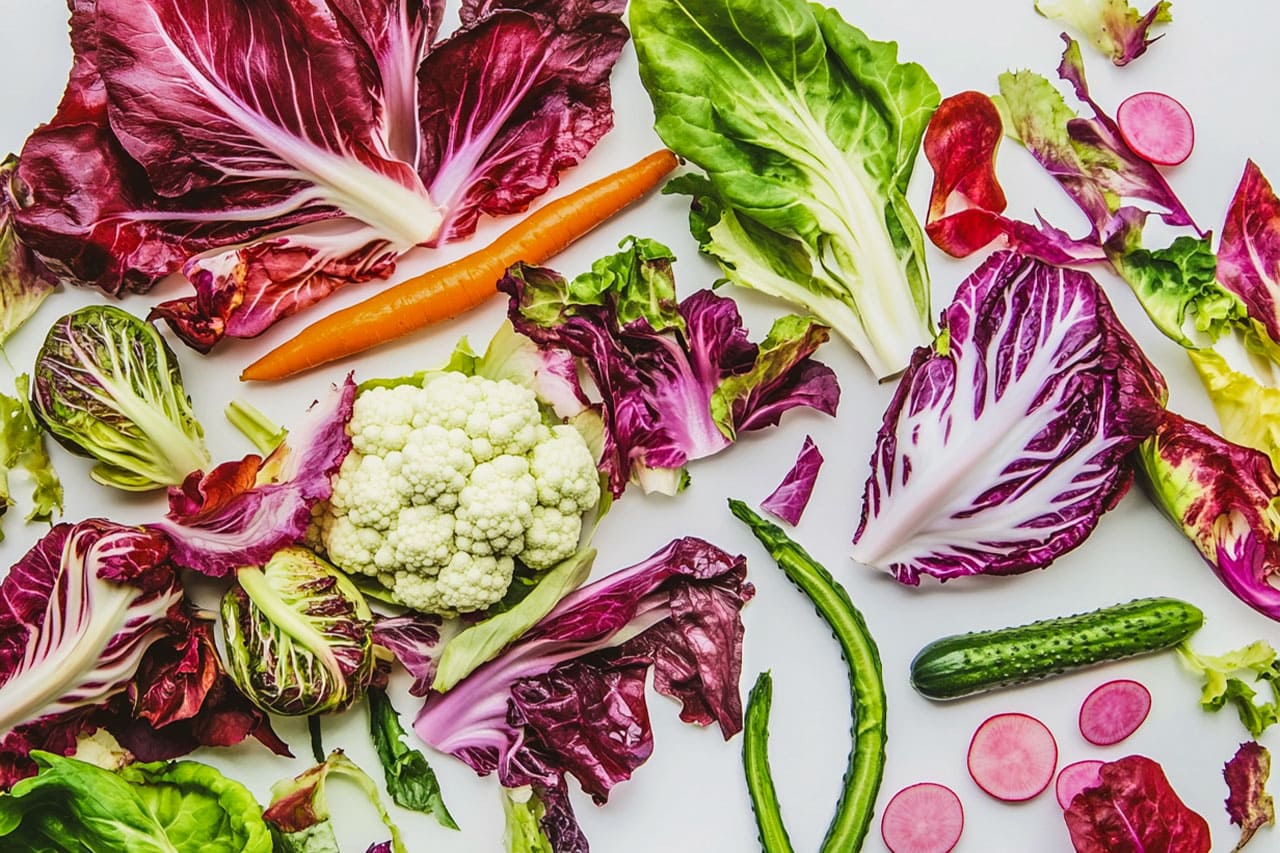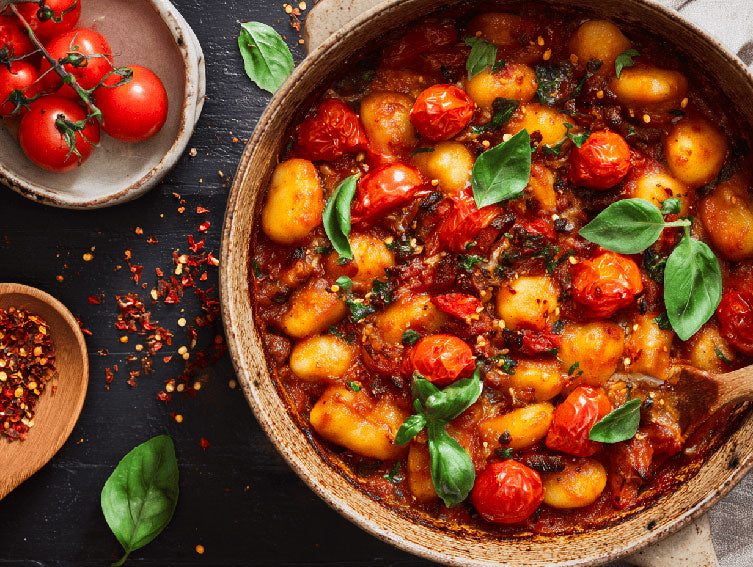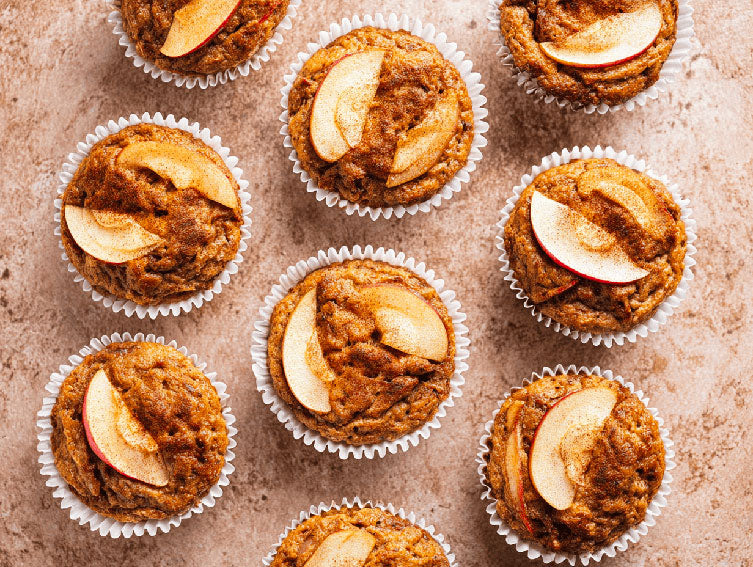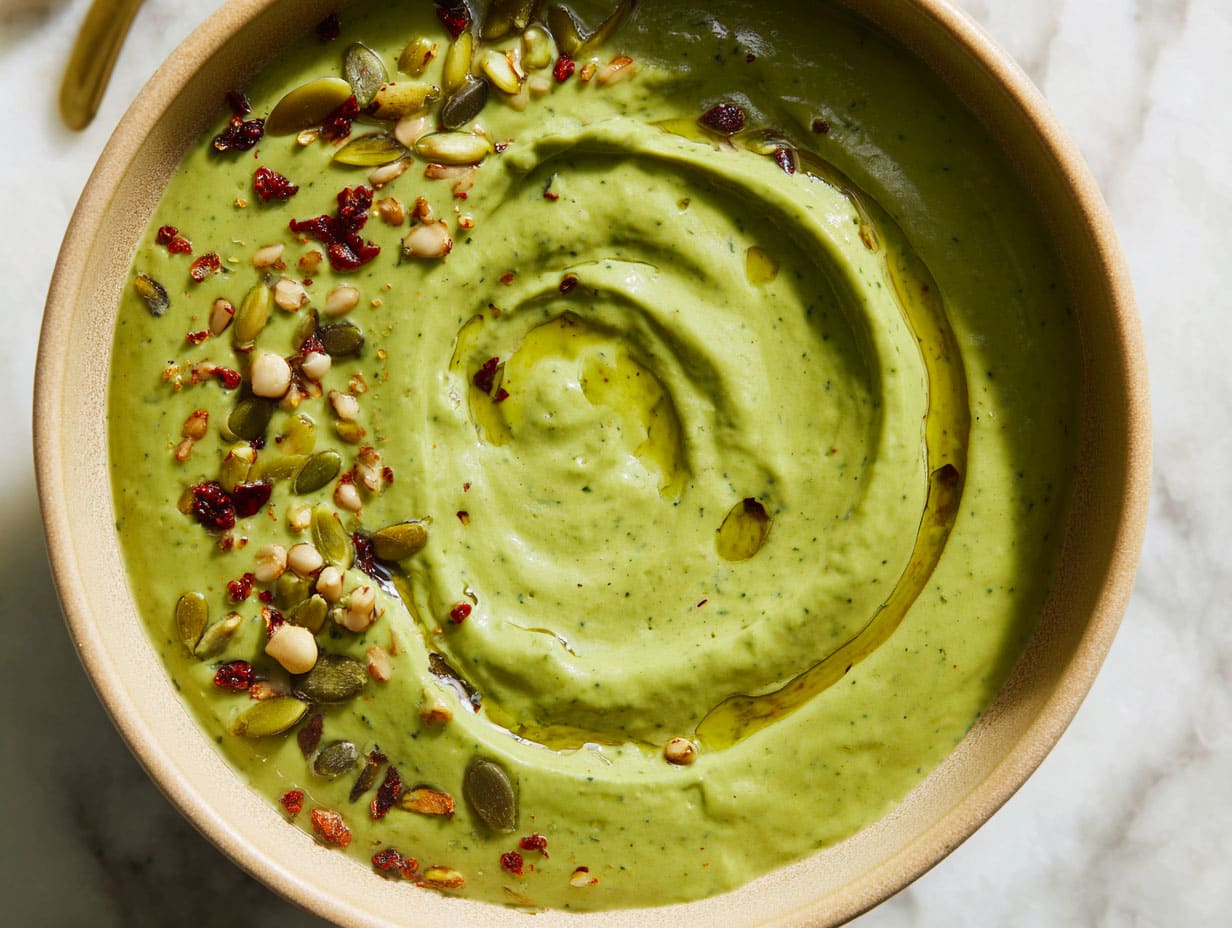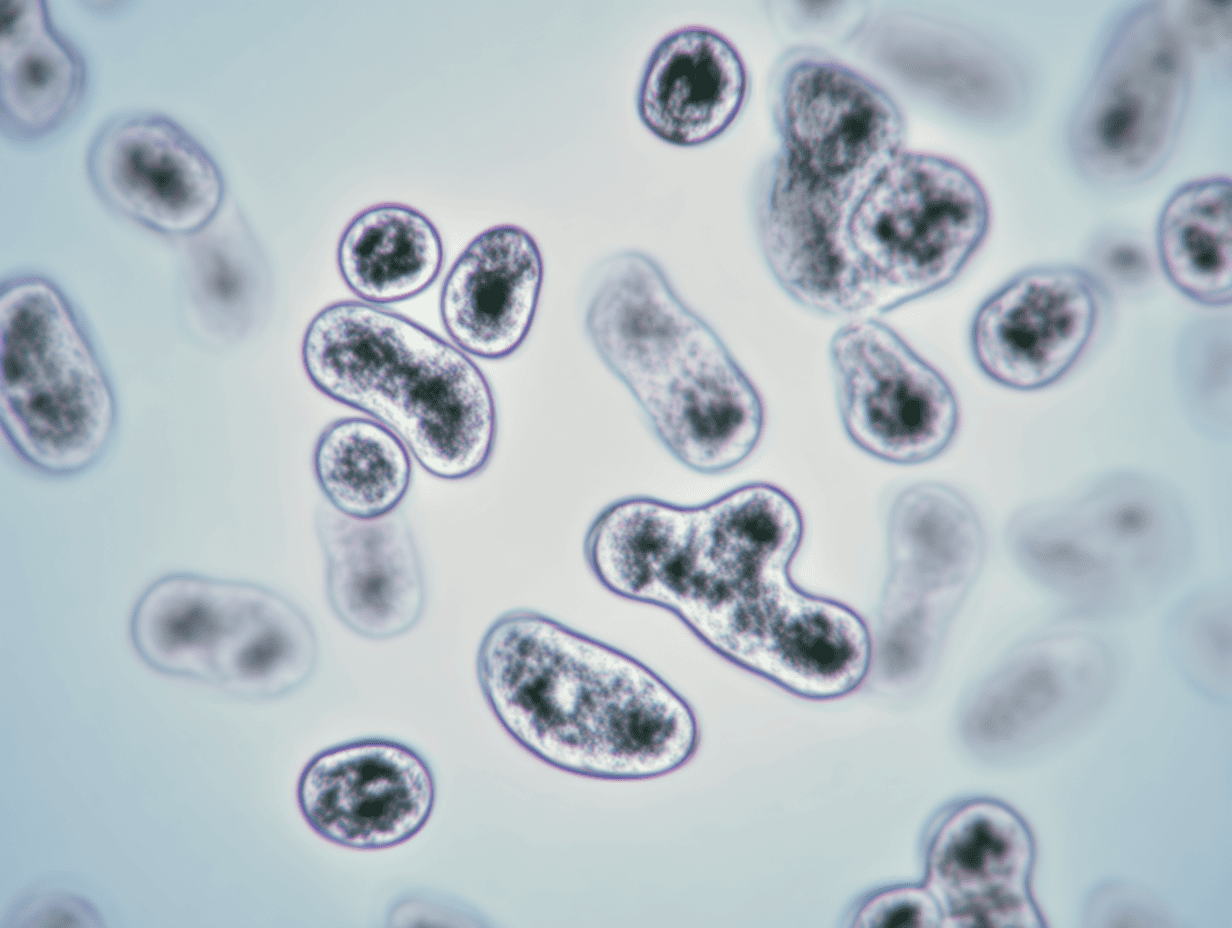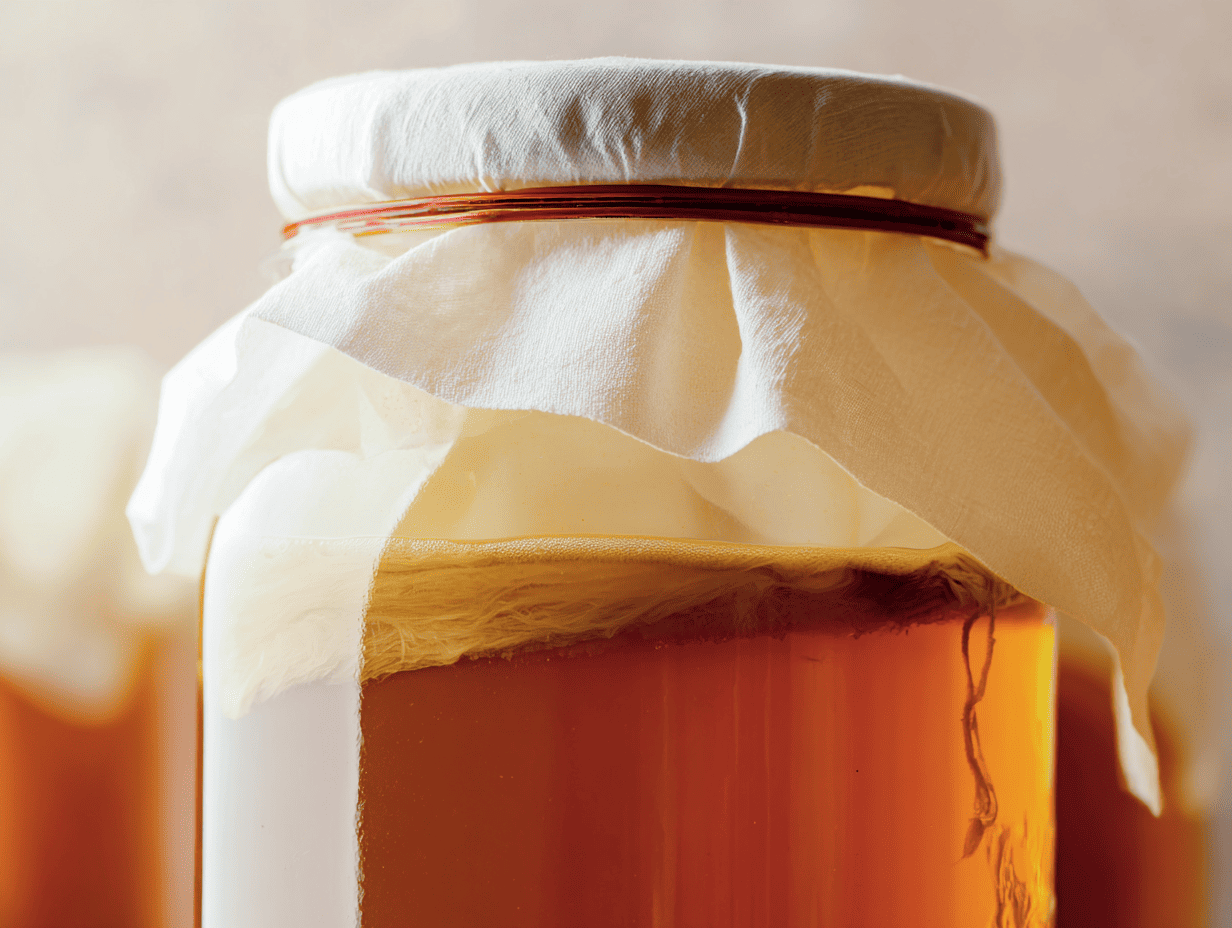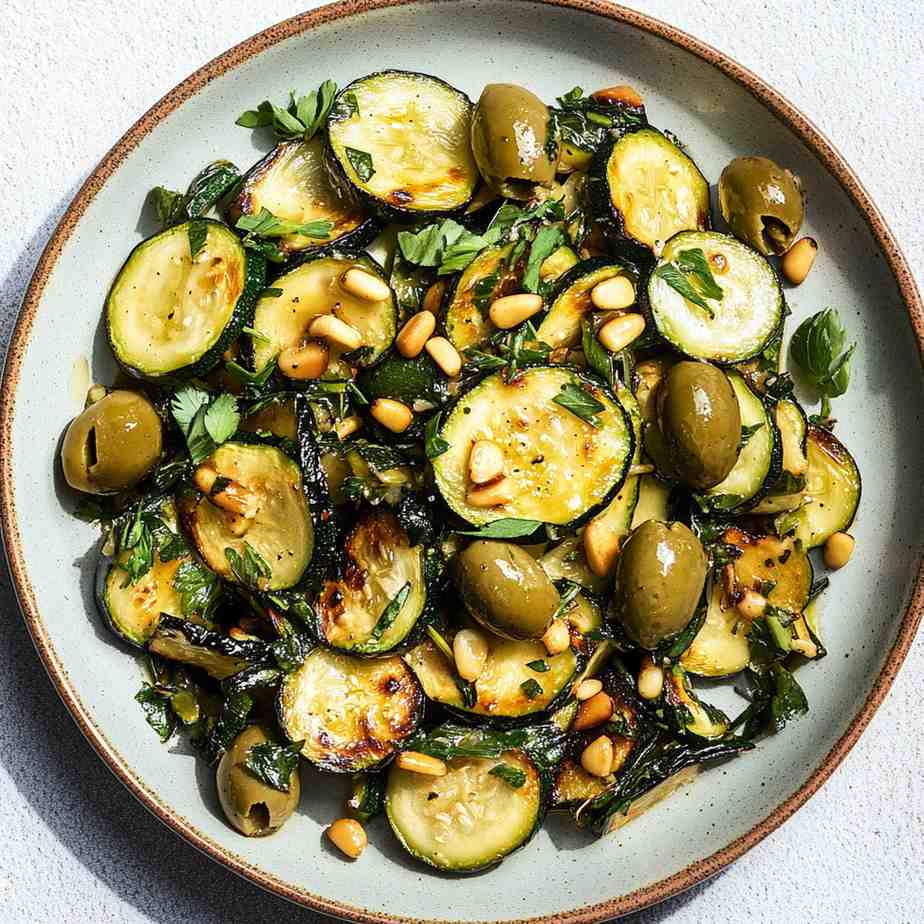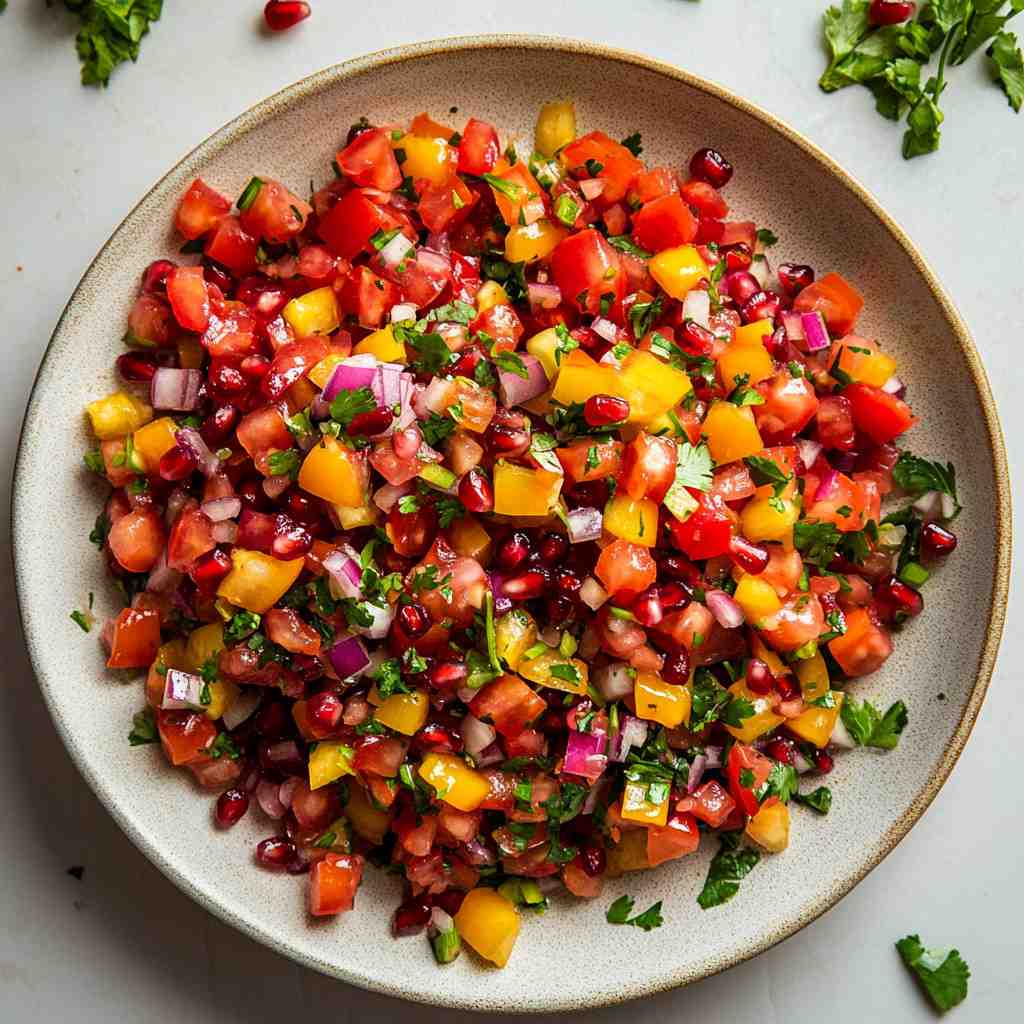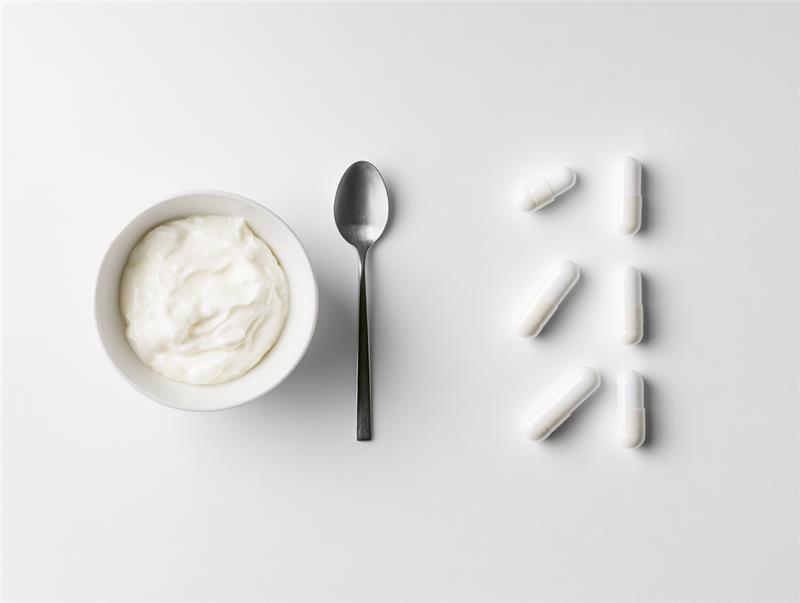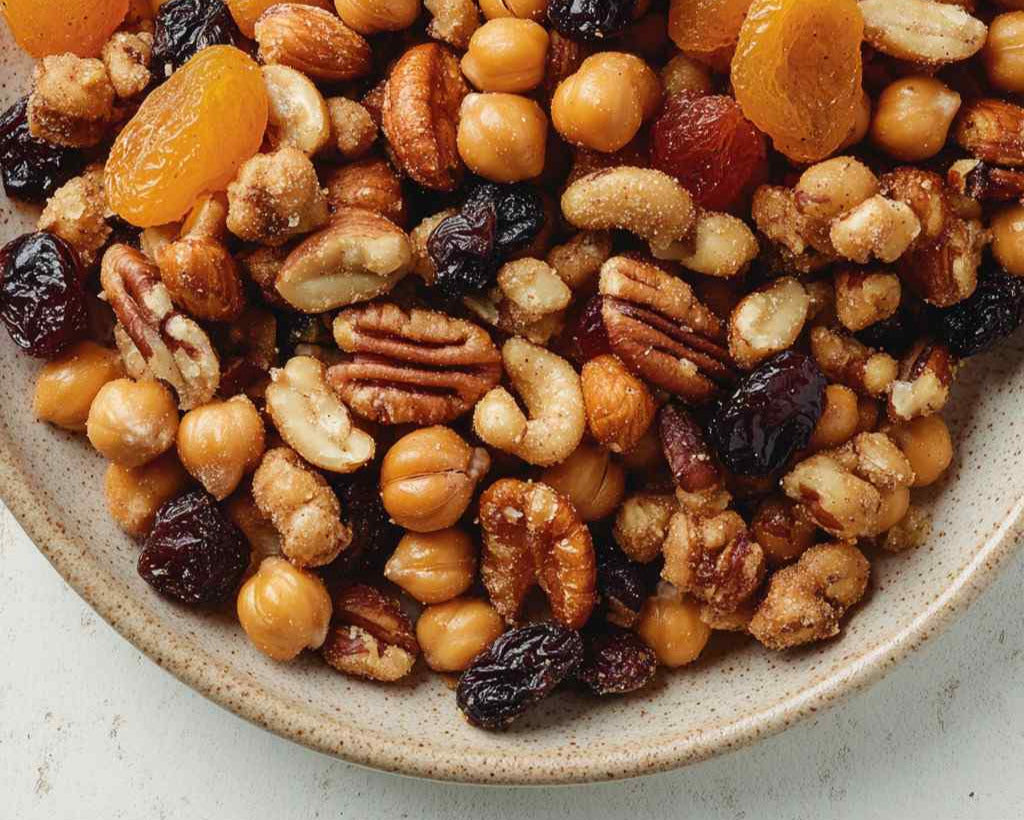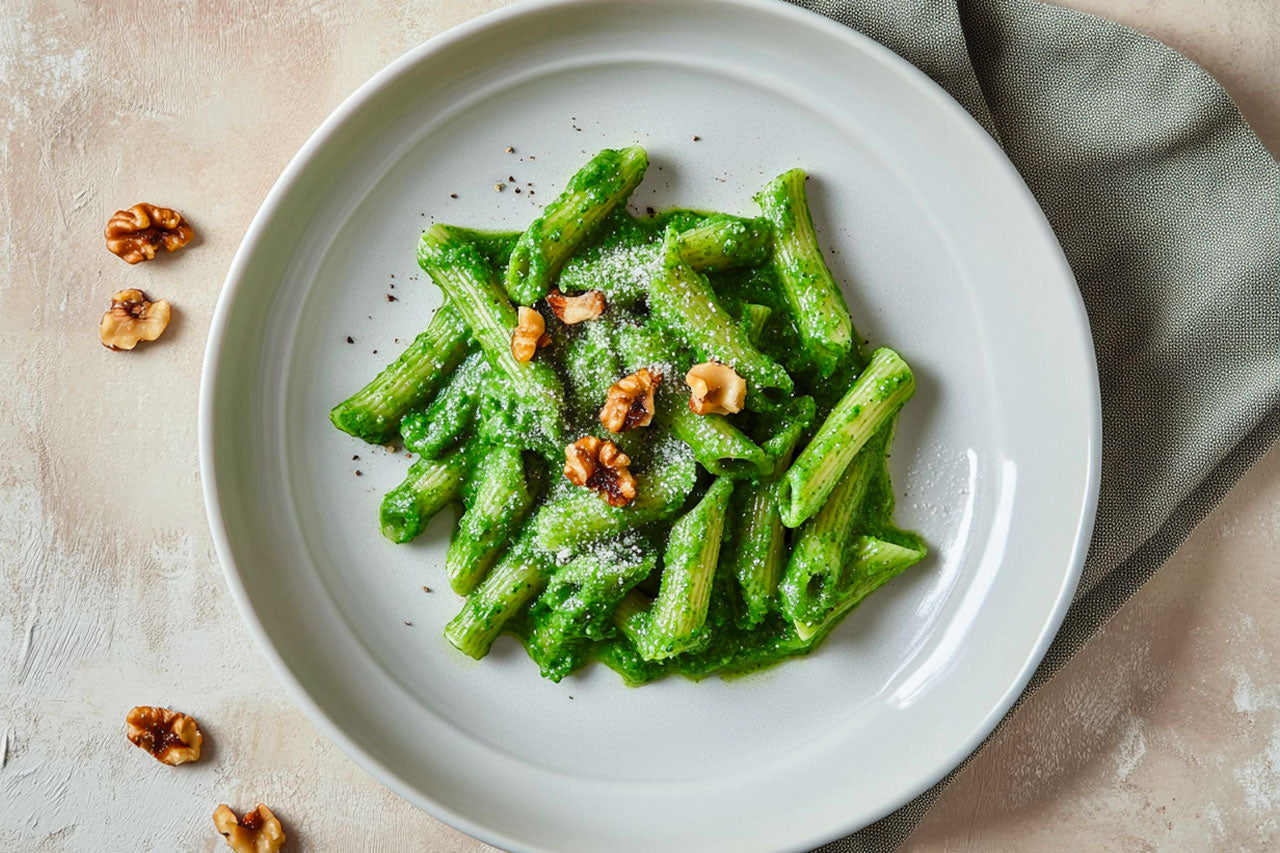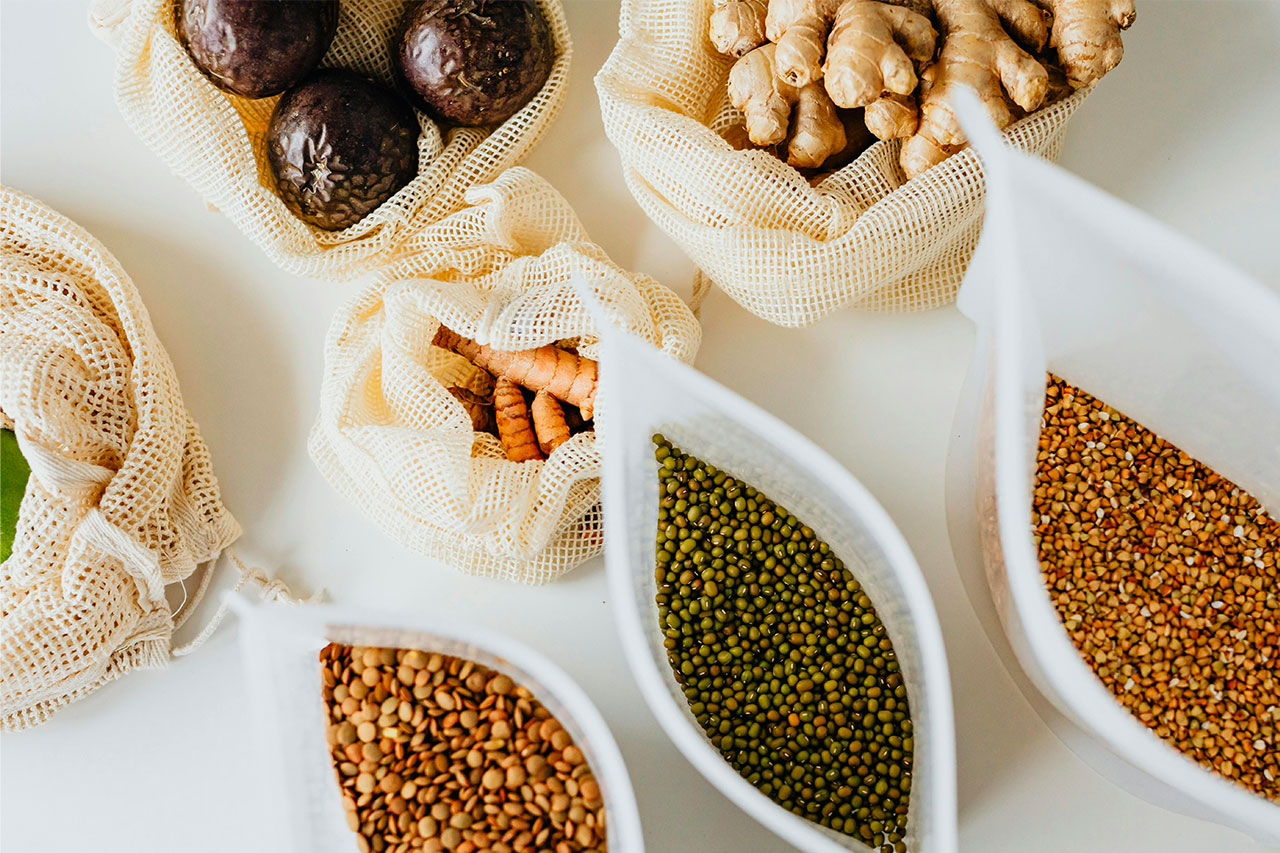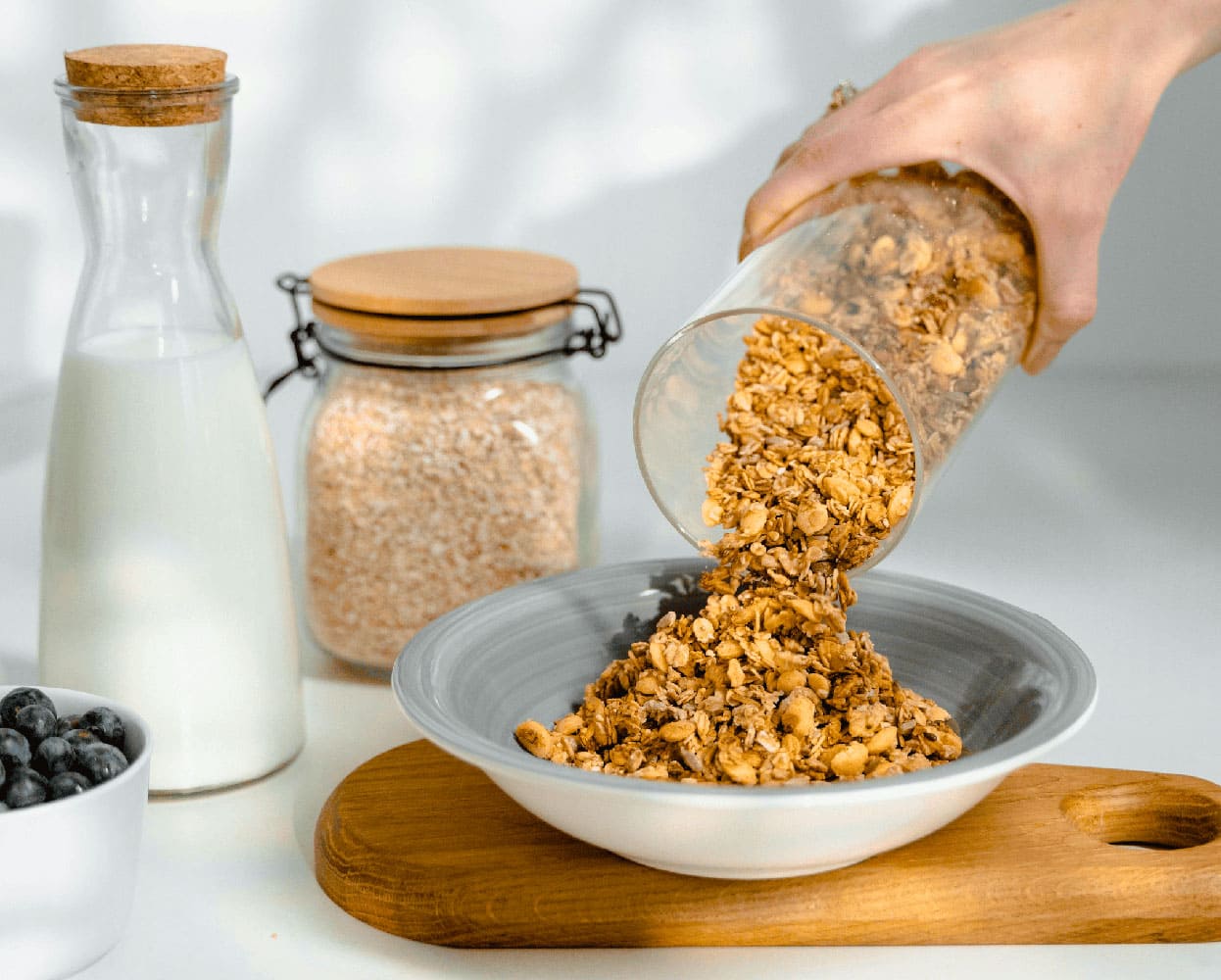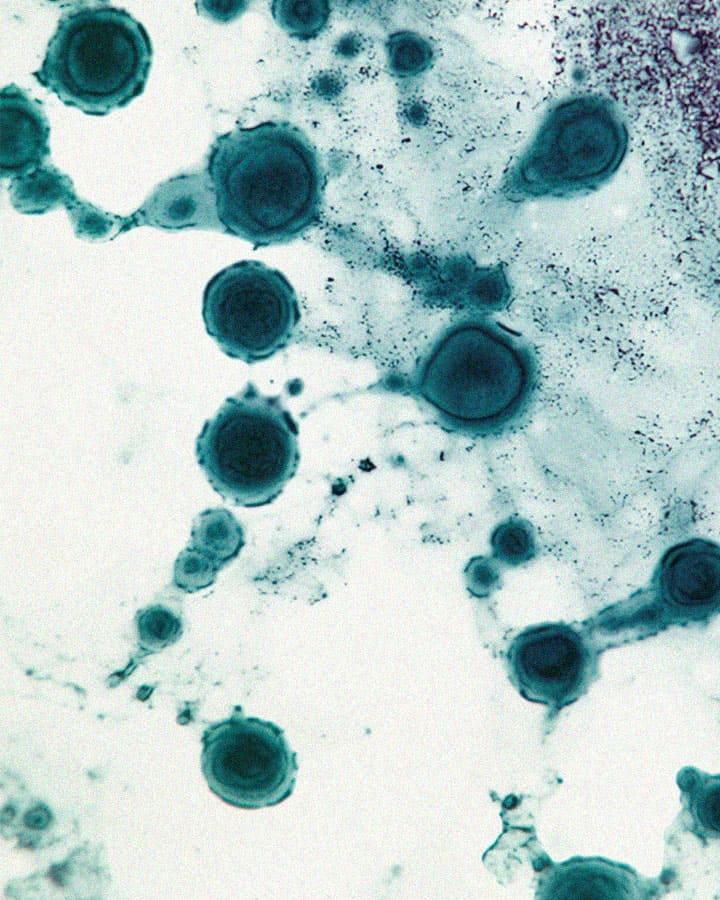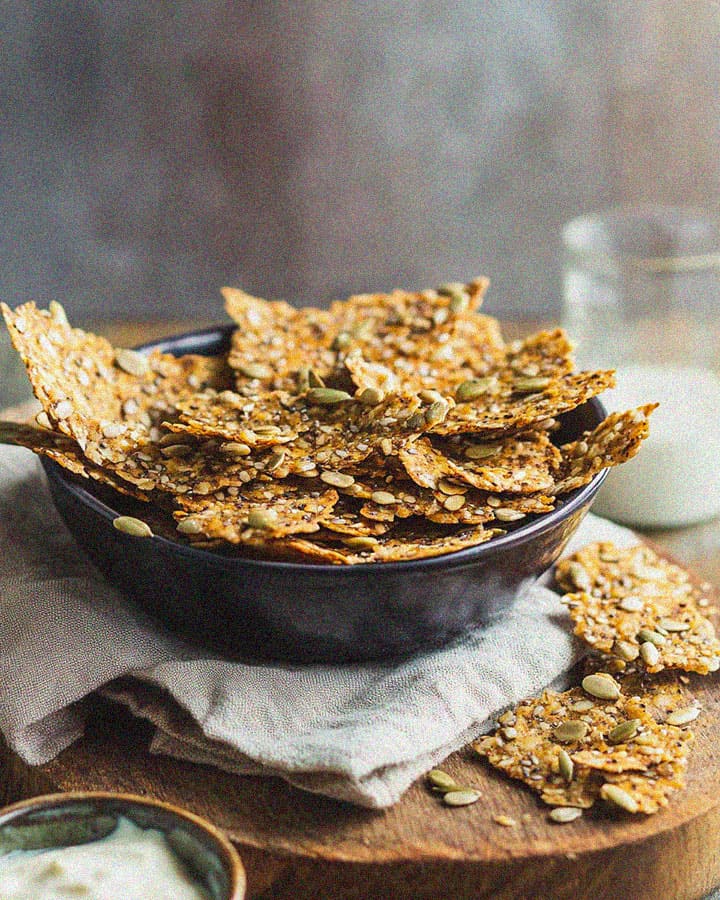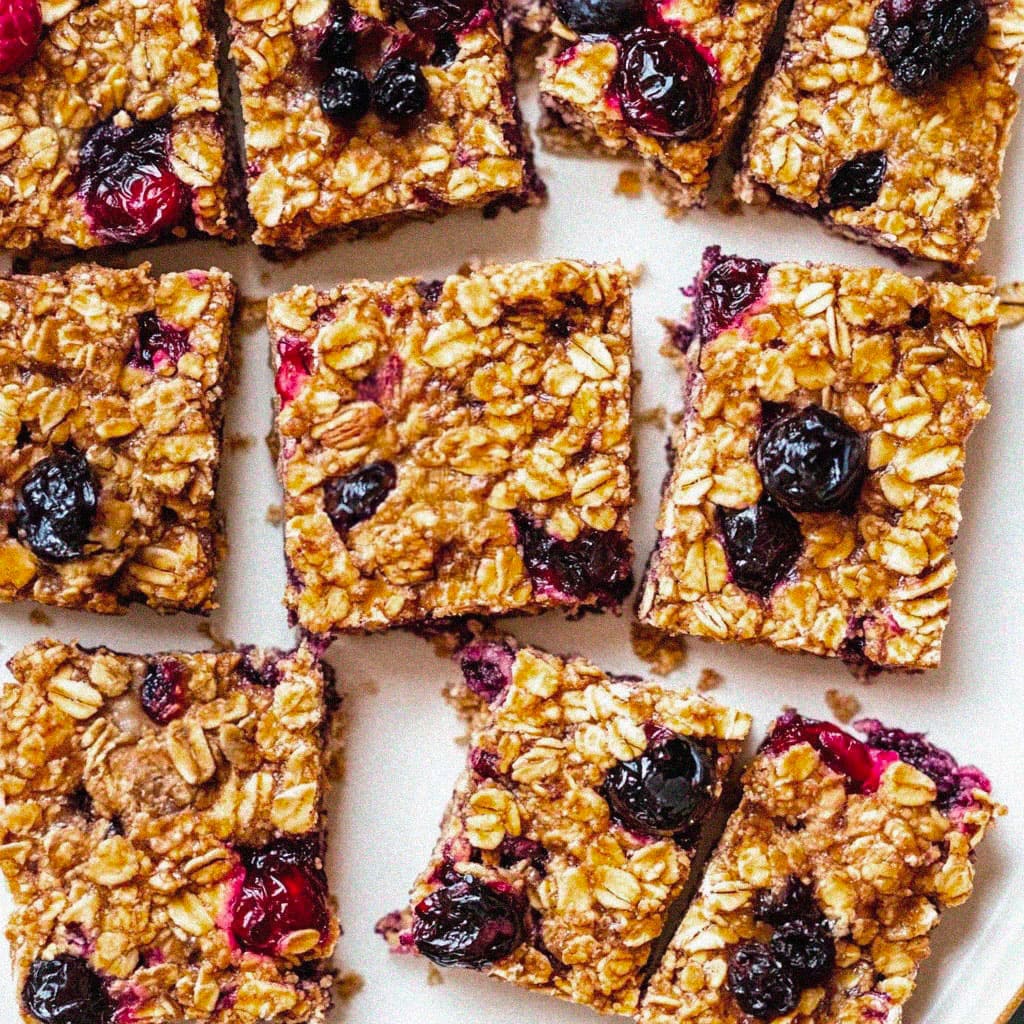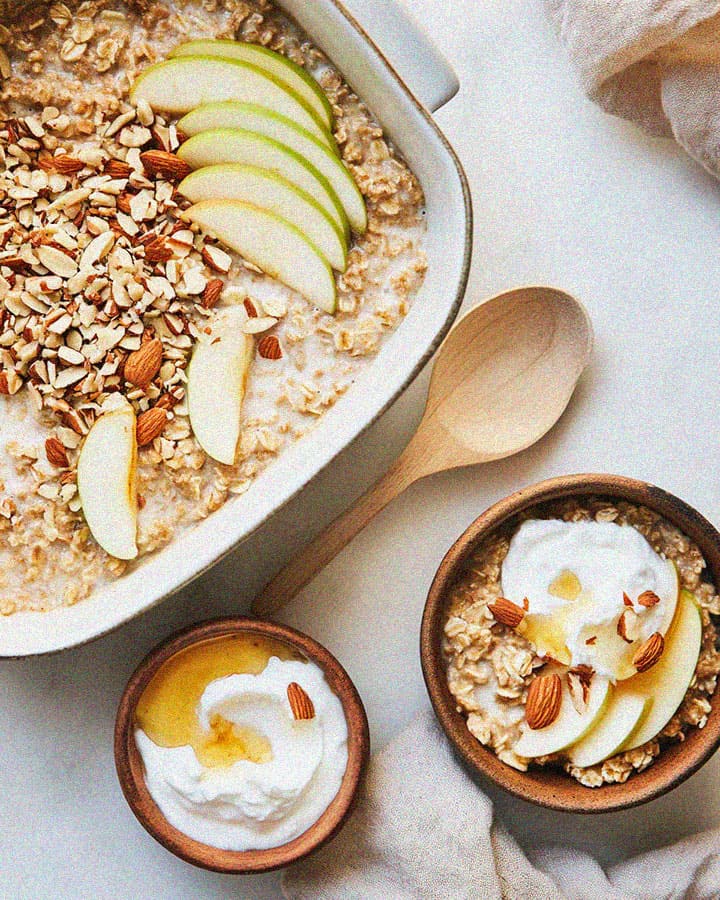Fermentation is a natural process where microorganisms like bacteria and yeast break down sugars and starches in food, creating beneficial byproducts like organic acids, enzymes, and probiotics. These live microbes travel through our digestive system, enriching the gut microbiome. A complex
network of trillions of bacteria, fungi, and viruses that influence digestion, immunity, metabolism, and even mental health.
In fact, studies suggest fermented foods can introduce up to 10,000 times more microbes into our diet than non-fermented options, offering a potent dietary boost for
gut diversity¹. Emerging research also hints at connections between these microbes and reduced risks of chronic diseases like obesity, cancer, and depression, though more studies are needed to fully understand this symbiotic relationship².
Sauerkraut: the fermented ingredient that saved millions of sailors

During the Age of Sail (16th–19th centuries), scurvy: a vitamin C deficiency disease that causes blackened skin and rotting gums - devastated ship crews, with an estimated two
million deaths between 1500 and 1800³.
However, in 1768, Captain James Cook made a decision that would change maritime history: he loaded his ship with 7,860 pounds of "Sour Kroutt" (sauerkraut, a.k.a. fermented cabbage) before departing England. Thanks to the fermented cabbage, the three-year voyage ended without a single scurvy death⁴.
Modern science explains why: fermentation significantly increases vitamin C content, as beneficial bacteria create additional nutrients during their metabolic processes⁵.
This medicinal property isn’t new. Ancient cultures have relied on fermented cabbage for centuries: workers building the Great Wall of China ate fermented rice-wine cabbage when fresh produce wasn't available, and Korean families survived winter vitamin shortages with kimchi⁶.
Why Are Fermented Foods Good for You?
1. Gut Health
Fermented foods are packed with live probiotics. Friendly bacteria that colonize your gut, helping to maintain a diverse and balanced microbiome⁷.
2. Smoother Digestion
A thriving gut microbiome, supported by these probiotics, aids in breaking
down food, easing bloating, and maximizing nutrient uptake⁸.
3. Immunity
Since nearly 70% of immune cells reside in the gut, fermented foods act as a frontline defense by nurturing a microbiome that bolsters immune responses⁹.
4. Metabolism & Weight Support
Early research suggests fermented foods may help regulate metabolism, curb inflammation, and promote satiety. There are factors linked to healthier weight management¹⁰.
5. The Gut-Brain Connection
Your gut and brain are in constant conversation. By influencing this "gut-brain axis," fermented foods may help stabilize mood and ease stress responses¹¹.
